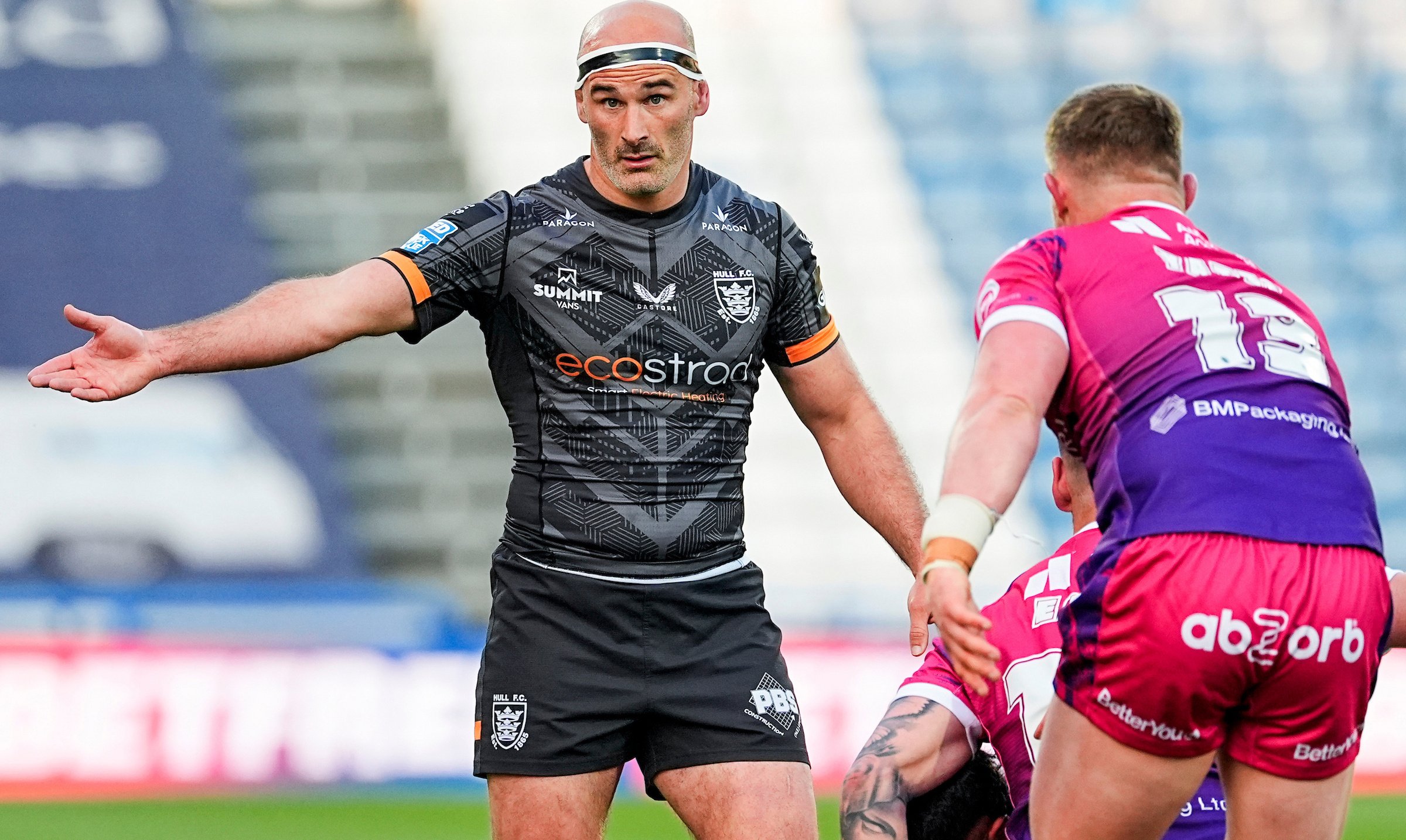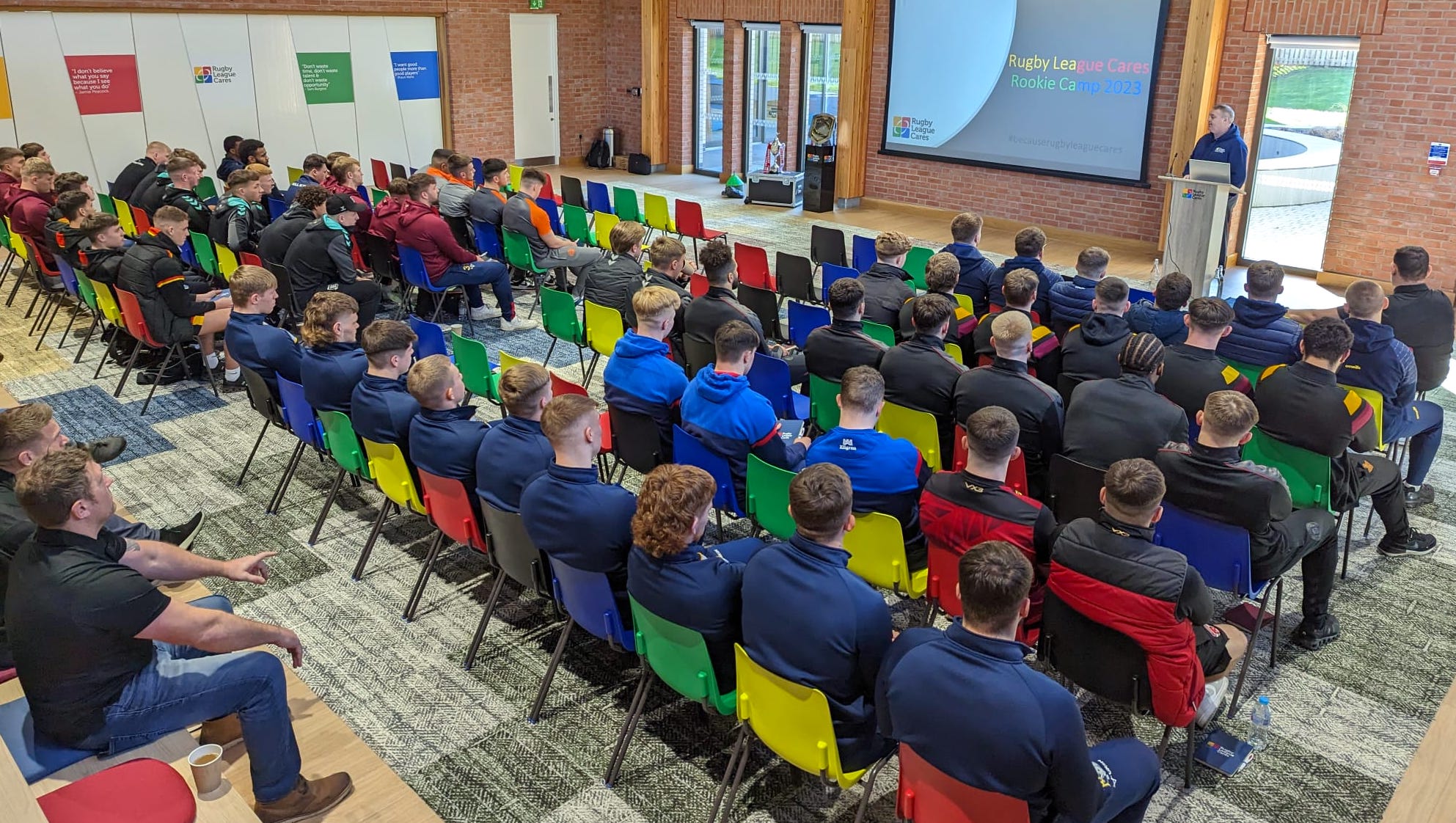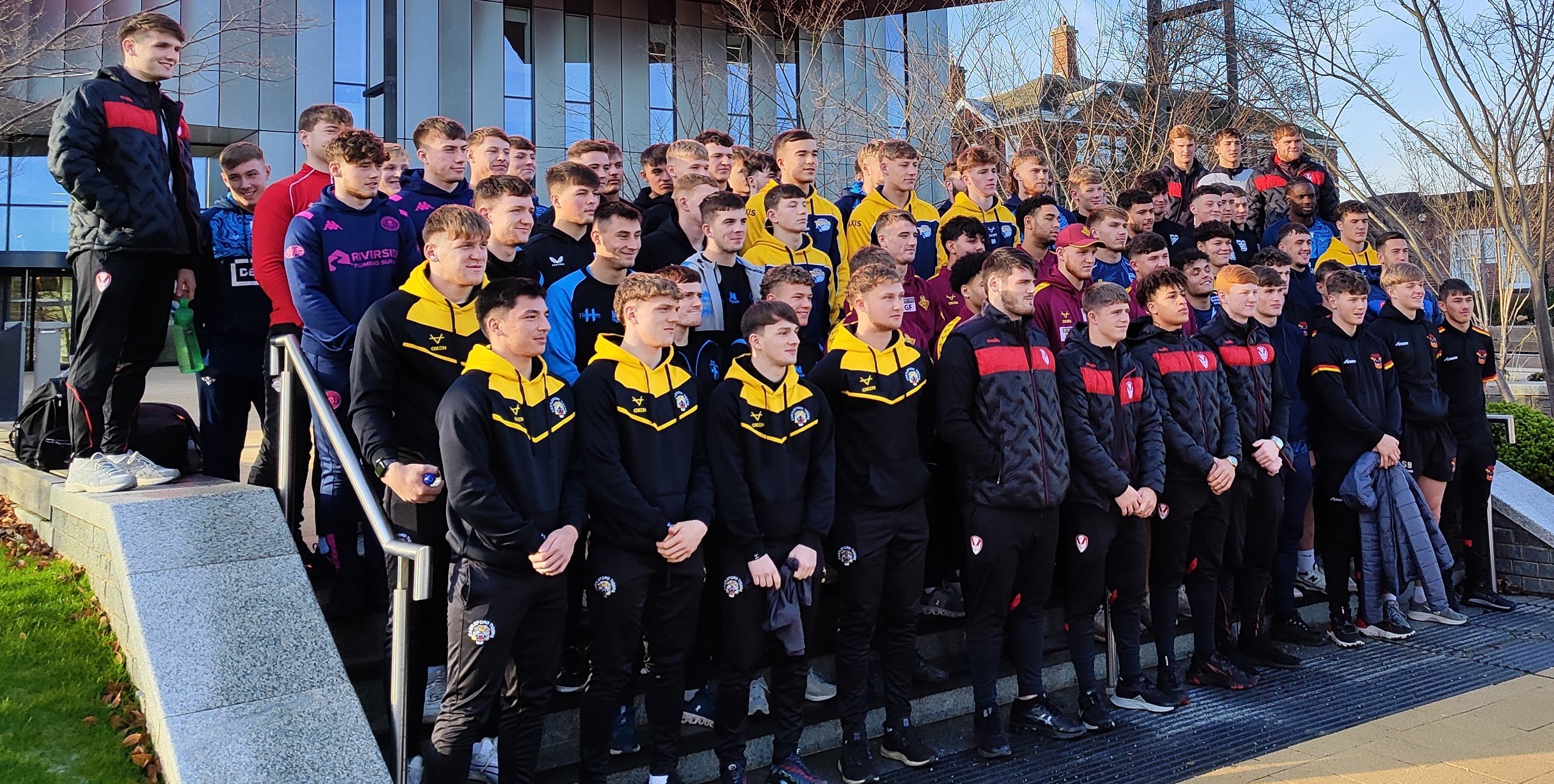Retirement from professional sports is a significant milestone that every player eventually confronts.
Retirement from professional sports is a significant milestone that every athlete eventually confronts. The transition from the exhilarating rush of competition to a life beyond the field is a journey fraught with challenges and uncertainties. In a recent interview with former Paralympic skier and motivational speaker Anna, we delve into the complexities of this transition, seeking insights from athletes who have walked this path.
The reality of retirement
For individuals like Anna, whose sporting careers have been defined by dedication, sacrifice, and a relentless pursuit of excellence, the decision to retire is not taken lightly. The allure of speed, the thrill of competition, and the camaraderie of the sports community are integral aspects of an athlete's identity. However, as the demands of professional sports make it increasingly difficult to balance personal life, the prospect of retirement becomes both a necessity and a challenge.
The emotional struggle
Retirement often heralds a wave of emotions — from shock and grief to the fear of an uncertain future. Professor David Lavallee, a renowned sports psychologist, notes that many retired athletes grapple with a profound void created by the absence of the sport that has been the driving force in their lives. Anna's exploration of this emotional landscape in her interviews reveals the common struggles athletes face when transitioning to a life without the daily rigors of training and competition.
Insights from sports psychology
Professor Lavallee emphasizes the importance of finding new goals that inspire and motivate, unrelated to sports. His advice resonates with the core challenge athletes encounter: discovering a purpose beyond the playing field. This shift, he explains, requires careful consideration and a proactive approach to filling the void left by the absence of competitive sports.
Personal stories
Anna's interviews with athletes like Jim Troughton, who retired due to a back injury, shed light on the shared experiences of retiring athletes. Jim's journey, akin to Anna's, involves immersing himself in new challenges and interests. While nothing may replace the elation of winning a medal, the pursuit of fresh goals becomes a source of renewed motivation.
The role of support systems
The video underscores the critical role of support systems in an athlete's transition. Family, friends, and professional organizations play a pivotal role in helping athletes navigate this uncharted territory. Recognizing the potential mental health challenges, organizations like the Professional Cricketers' Association are actively working to assist players in coping with the psychological aspects of retirement.
Looking ahead
As Anna embarks on her post-skiing career, she exemplifies the resilience required to embrace change. Her commitment to motivational speaking and community projects highlights the possibilities that lie beyond the realm of professional sports. Anna's transition is a testament to the idea that retirement, while challenging, can open doors to new and fulfilling endeavours.
Conclusion
The journey from professional sports to retirement is a transformative process that demands self-discovery, resilience, and a willingness to embrace change. Through personal stories, expert insights, and shared experiences, this blog post aims to shed light on the multifaceted nature of athlete retirement. As athletes like Anna redefine success beyond the podium, they inspire others to see retirement not as an end but as a new beginning.
Quote
"When you have a passion for something then you tend not only to be better at it,
- Vera Wang
|
Related Articles

%20(1).jpg)
Adjusting to a new routine: Navigating the changes in daily life
Francis Stephenson | October 4, 2024
The final whistle has blown, the boots are hung up, and the roar of the ...
Read More

Rookie Camp 2023
John Ledger | March 1, 2023
The next generation of rugby league heroes were given an informative and ...
Read More

Rookie Camp 2024
John Ledger | December 13, 2023
Eighty of the players who will largely form rugby league’s elite for the ...
Read More